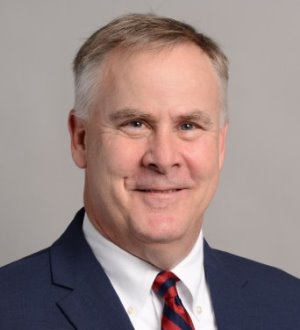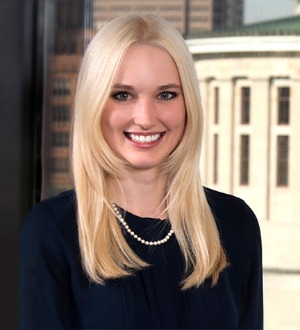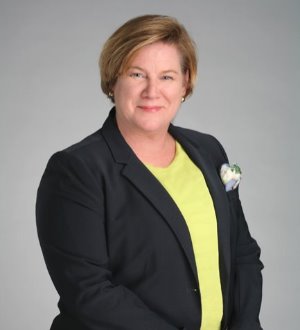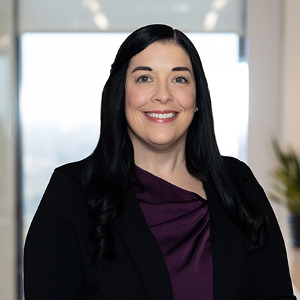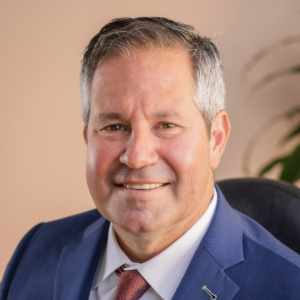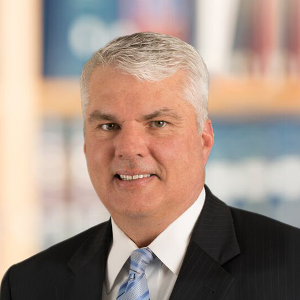Currently, the regulations of the Bayh-Dole Act apply to all small business firms and nonprofit organizations, in particular, educational institutions that have entered into a federal funding agreement. However, in light of recent overarching changes to patent law, such as the America Invents Act, a set of proposed rule changes to Bayh-Dole regulations are about to be implemented.
For small business firms and nonprofit organizations that receive federal funding in developing technology and scientific discoveries, the Bayh-Dole Act is intended to make it easier to participate in federally supported programs by guaranteeing the protection of the intellectual property that is created in these firms and organizations. Many educational institutions that receive federal funding for scientific research and development are already aware that the regulations of the Bayh-Dole Act require that the Government has certain rights in inventions developed at least in part with federal assistance. The proposed rule changes will adjust the obligations of these educational institutions, and other organizations that are receiving federal support for work.
The proposed rule changes clarify that Bayh-Dole regulations apply to the first provisional application or nonprovisional U.S. national application, or international PCT application that designates the U.S. The intent of this clarification is to make it less costly and burdensome for small entities to comply with Bayh-Dole regulations. The proposed rule change will enable entities to comply with 37 CFR § 401.14(c)(3), which requires filing a patent application on any prospective invention within one year after election of title to that invention, by simply filing a provisional application. This should have the effect of reducing formatting and other initial formal costs of patent prosecution to small entities when they are pursuing a federally supported invention. However, the proposed rule changes also allow federal agencies to shorten certain time limitations applicable to election of title to a federally supported invention.
At present, the Bayh-Dole regulations require election of title in a federally supported invention within two years of the initial disclosure to a federal agency. The proposed rule changes allow a federal agency to step in and shorten this period of time to protect the government’s interest if need be. In particular, where a proposed invention has been published, publically used or sold in a manner which triggers the one-year period within which a patent application needs to be filed, the election of title can be shortened by the agency to a date that is no more than 60 days prior to the end of the one-year period. The proposed rule changes also give the federal agency the discretion to file an initial patent application on any subject invention at its own expense. The practical effect of these proposed rule changes is that the government may act proactively to ensure that it retains patent rights in inventions which may have been published or sold by a federally funded entity, but the entity itself shows no interest or capability in obtaining patent rights in the invention. The proposed rule changes also heighten the requirement to inform a federal agency if a patent prosecution on a federally supported invention is being discontinued.
Under the current Bayh-Dole regulations, 37 CFR § 401.14(a)(f)(3) requires that a federal agency be informed not less than thirty (30) days before the expiration of the response period required by the patent office in any country in which patent prosecution is being pursued on a federally supported invention. The proposed rule change quadruples this period of time by requiring notice not less than one-hundred-and-twenty (120) days before the expiration of the response period when abandonment of patent prosecution is contemplated. The purpose of this rule is to allow the federal agency more time to determine whether to assume responsibility for patent prosecution of the prospective invention itself. As a practical matter, this will mean educational institutions must make strategic decisions about the continued pursuit of particular patent prosecutions much earlier than currently required. The proposed rule changes also give the federal agency more extensive rights to claim title in an invention if an educational institution fails to elect title or to disclose the invention to the agency.
The proposed rule changes also give the federal agency the discretion to file an initial patent application on any subject invention at its own expense.
Under the current Bayh-Dole regulations, 37 CFR § 401.14(a)(d)(1) requires that an educational institution will convey title in a subject invention to a federal agency if the contractor fails to disclose or elect title to the subject invention. However, conveyance of title is only required if the agency acts within 60 days after learning of the failure of the educational institution to disclose or elect within the specified times (disclosure to the federal agency should be within two months of internal disclosure to the institution; election of title should be within two years of disclosure to the agency). The proposed rule changes entirely remove the limitation to a 60-day period after the agency learns of a failure to disclose the subject invention or to elect title to the invention. The intent of this change is to enhance due diligence and improve the ability of federal agencies to work with outside agencies who are performing federally supported work. Nevertheless, the effect of this rule change is to heighten the importance of diligently meeting the disclosure and election requirements of the Bayh-Dole regulations for any federally supported invention in which an educational institution or other entity may have an interest in pursuing.
Under the current Bayh-Dole regulations, 37 CFR § 401.14(a)(f)(2) demands that educational institutions require their employees/inventors (e.g., research faculty and associates, etc.) disclose any inventions promptly in writing in a manner that will enable filing of patent applications on the subject inventions and establishment of government rights in the subject inventions. The proposed rule change clarifies that employee/inventors must also be required to assign the entire right, title and interest in and to each federally supported subject invention to the educational institution. Since most institutions will have such a requirement in place already as part of their standard employment contracts, the practical implications of this rule change should be fairly minimal. However, to the extent that such requirements may not already be in place, the standard terms and conditions of employment should be adjusted accordingly.
The proposed rule changes also include a number of other adjustments to the Bayh-Dole regulations, such as expanding their applicability to organizations of any size or regulations regarding inventions by government employees. However, the rule changes will not change key areas such as exercise of government march-in rights (37 CFR § 401.6), contractor employee inventor rights retention (37 CFR § 401.9), background patent rights licensing (37 CFR § 401.12) or appeals (37 CFR § 401.11).
The federal civil servants working on the proposed rule have received guidance that the recent Presidential executive order on new rules, which mandates that two federal rules be revoked for every new federal rule issued, does not apply because the proposed rule is revising an existing regulation, rather than creating a wholly new regulation. However, the implementation of the rule is delayed because of the requirement that all proposed regulations be reviewed by the Presidential transition teams. It is hoped that a clearer picture will emerge regarding the timing of the implementation of the final rule in the next several weeks.
Article by Jeff C. Dodd, Ping Wang, M.D., Michael Xuehai Ye, Ph.D., and John Murray, Ph.D.

